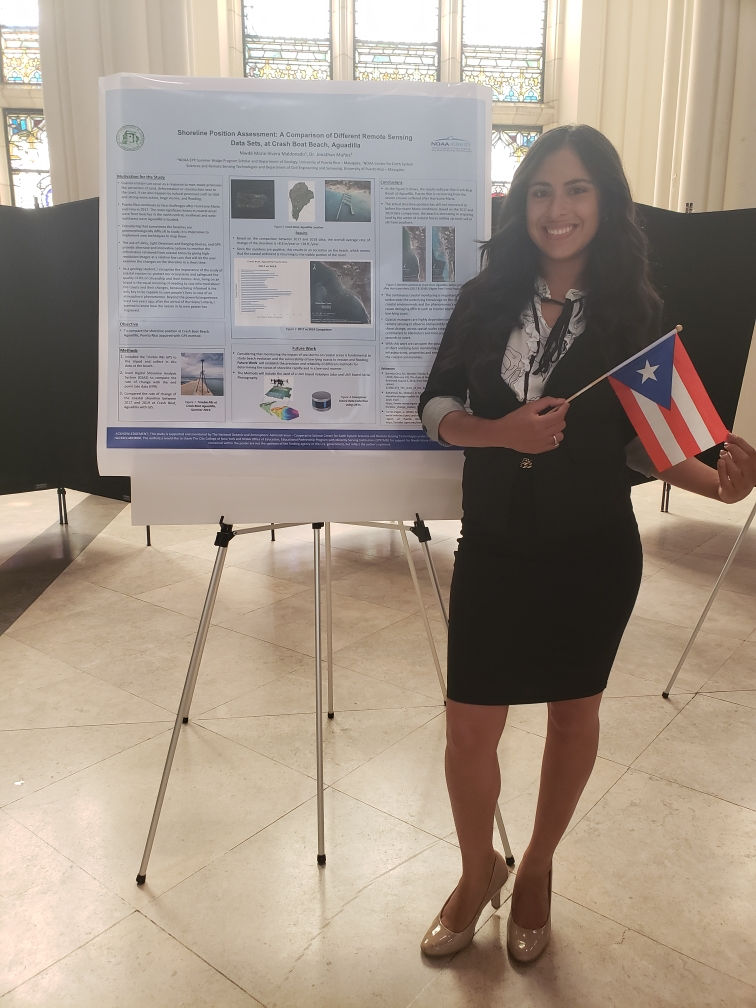- GeoLatinas Mayagüez- PR

- 10 ago 2019
Actualizado: 30 ago 2019

Tomar notas en el campo puede ser difícil, especialmente si un líder está explicando nuevos términos mientras tratas de analizar lo que estás observando al mismo tiempo.
Aquí tenemos algunos consejos para hacer que la toma de notas en el campo sea más fácil:
Primero, debes tener la libreta adecuada. Una libreta específica para campo es lo mejor ya que es a prueba de agua, muchas contienen escalas e información necesaria que utilizas cuando estás recolectando data.
Antes de tomar notas, deberías tener una página de presentación donde escribes tu nombre, teléfono, email y personas a contactar en caso de emergencia, por si te sucede algo en el campo o por si la libreta se pierde y alguién más la encuentra.
Fecha
Debes tener la fecha y hora del momento en que estás visitando el lugar.
Propósito del viaje
Es bueno escribir la razón por la cual estás en el campo, ya sea por un estudio independiente, por alguna investigación específica en la que estás trabajando o un viaje de campo como parte de un curso.
Localización (lo más específico posible)
Puedes utilizar GPS o una aplicación en tu celular que describa de manera exacta la localización en términos de latitud y longitud, además de tener una dirección residencial del área. Utiliza también lugares de referencia como “cerca del supermercado tal” o “al oeste del negocio tal”.
Descripción del lugar
Describe los "features" geológicos más importantes.
Si tomas fotos del lugar, trata de anotar la hora exacta en que las tomas, ya que la hora puede ayudarte a vincular las fotos a las localidades.
Utiliza siempre los puntos cardinales para describir dónde se encuentran las cosas. Utilizar “derecha e izquierda” puede ser confuso para la persona que luego lea las notas, o para ti mismo si vas luego de mucho tiempo.
Weather (Clima/Tiempo) y hora
El clima es un factor que puede cambiar la forma en que observamos las cosas, es importante describir cómo estuvo el tiempo en esos momentos, te ayudará a entender cosas en caso de regresar a ese lugar luego.
Boceto del área
Los dibujos deben ser básicos. Debes ser detallista, pero a la misma vez que el boceto sea legible para alguién que quiera ir luego al lugar. Deben contener una escala horizontal y una vertical y señalar hacia dónde se encuentra el norte. Las notas de interpretación deben incluirse.
Escribe a lápiz
Si estás en un viaje de campo con un profesor, anotar y escuchar el profesor puede ser difícil y confuso, es normal cometer errores mientras tomamos esas notas.Es recomendable escribir a lápiz en la libreta, sin embargo hay otras personas que prefieren escribir en bolígrafo en todo momento.
Tomar datos
Dependiendo los datos que tomes, realizar tablas es una buena forma de organizar tus datos. Asegúrate de describir lo más posible los datos que estás tomando y el objetivo de tenerlos. Escribe un título para la tabla y si deseas también la puedes enumerar.
Fotos del área
Si tomas fotos en el campo es bueno tener una descripción de las fotos que tomaste. Por ejemplo: "Foto #1 es sobre un fósil de un coral"
Acompañantes o participantes en el campo
Es bueno saber con quién fuiste al campo para futuras referencias.
Gracias a Andreana Madera por su ayuda y consejo en la redacción de este artículo.
Referencias:
GEOetc, 2016, Field Notes- what students need to learn to do (Geoscience Education & Outreach): https://geoetc.com/field-notes/ (accessed July 2019)








